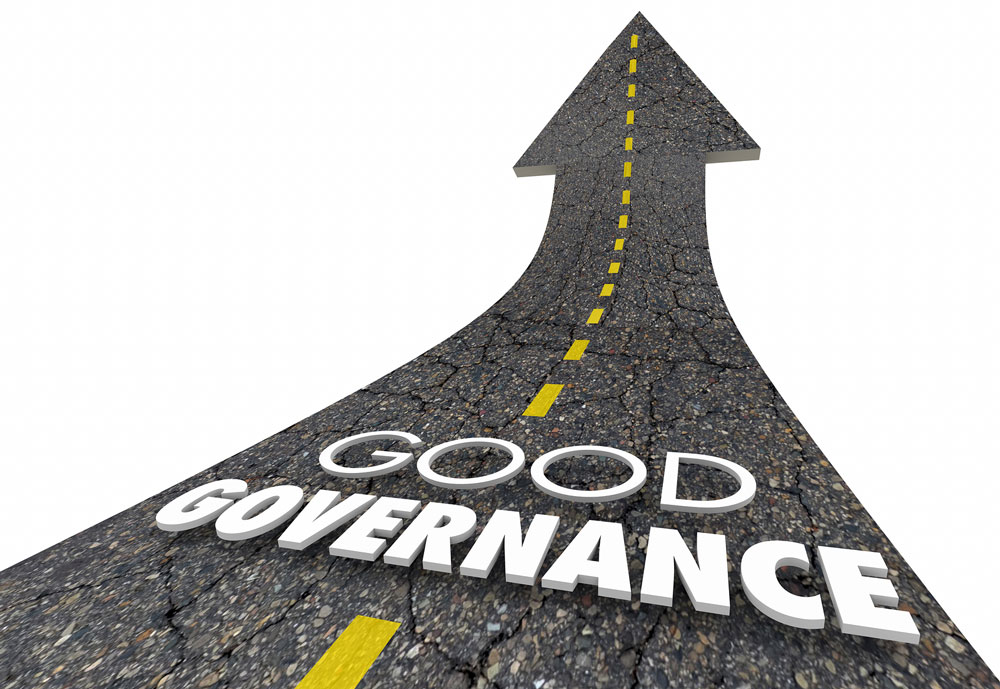Good Governance and fighting corruption

People
all over the democratic world, irrespective of their socio-economic level,
expect their governments to provide “good governance.” An essential feature of good governance is
probity and high standards in public life. Those in positions of power, whether
they be in the Executive or Legislative, are expected to hold their offices in trust
on behalf of the People. There is a deep concern about the potential for abuse
of authority by those holding public office, and demands everywhere for an
effective definition of the term “corruption” and for wide ranging
criminalization of corrupt related acts of commission and omission. There are
also sustained civil society campaigns against corruption in many countries.
The international community is engaged at the global and regional levels in
establishing Conventions and other instruments to address the problems of
national and transnational corruption.
Afghanistan is a country in conflict. It continues to experience armed conflict
across large extents of its territory.
The Afghan government is at a critical juncture in its state building and
development efforts. Combating corruption is a key to the development and
prosperity of Afghanistan, as well as to increasing the legitimacy of the
government. Despite some progress in education, health, and other areas, the
government has had difficulty in expanding its control and connecting with the
Afghans to win their support. In fact, absences of governance and rampant
corruption have served to alienate many and have created openings for
insurgents to exploit. Afghans’ primary concerns remain inadequate security,
the scarcity of employment opportunities and the generally poor state of the
economy but corruption is still cited as a factor contributing to Afghans
disillusionment with the government.
The Centre for Afghanistan Policy Studies argues that notwithstanding the multifaceted nature of the crisis in Afghanistan, the root causes of corruption is linked to weakness in governance system. Flaws inherent in the governance system which can be rooted back in historical context as well as in the governance architecture laid down in the 2004 Constitution and the unwritten norms created by ruling governments since then has fueled corrupt practices.
The US-led international intervention in 2001 toppled the Taliban regime and marked a new beginning for the country. A new constitution was adopted which created a governance system based on rule of law and human rights principles. The constitution put in place a tri-partite system of government. In practice however, the executive’s upper hand has not only undermined the other two branches of government but has created a sole monopoly of power with little or no accountability.
Moreover, ethnic diversity and conflicting pressures for the demand for the recognition has taken the country to the brink of more turmoil and instability due to absence of institutions with the capacity to accommodate ethnic diversity and reconcile conflicting demands for the recognition of distinctive identities. Politics seemed to have failed to mobilize people on the basis of ideology or clear agenda for reform and change. Instead political and elites deal has always been characterized by shifting alliances and extreme fluidity with the use of ethnic and subethnic solidarity to coordinate political action which has increased ethnic polarization of Afghan society.
Elections are the legal means of peaceful power transition in a democratic society and governments obtain their legitimacy at polls. However, experiences of the last two decades of elections in Afghanistan indicate that the institutions in charge (the electoral bodies) need far more time and capacity to mature and gain public confidence to maintain their impartiality, integrity and credibility as trusted offices to hold national elections.
It is time to act now before
it is too late. The role of the existing institutions of governance needs to be
strengthened to be able to accommodate and manage difference so that public
trusts could be regenerated.
Politics should be used to bridge the gaps and mobilise society on the basis of ideologies favourable to the contextual realities and with an aim to preserve national interest. Political elites who have usurped power through different means in particular those who have grown in wealth and position in the last two decades, must demonstrate genuine commitment to place national interest before personal gains and pave the way for the new generation of Afghans to replace them and decide a future they desire for themselves and their country.
The roles of the elected governance institution in particular the National Assembly must be strengthened to ensure proper checks and balances is exercised in action and to avoid aggregation of power in the hands of the executives as power monopoly in one branch of government erodes basic principles of good governance and undermines credibility of other branches of government. Furthermore, independence of the judiciary system must be respected to strengthen rule of law and a more just society. These are some basic principles of good governance that must be restored to pave the ground for strategic reform and deepening of democracy for building of a society free from corruption. Once these priorities are achieved, the Afghan government and its international partners can work on expanding reform of the current governance system to subnational levels.
About Centre for Afghanistan Policy Studies
We
work to link Afghanistan with knowledge, expertise and wisdom that it needs to
make informed policy decisions. We conduct independent researches and studies
on varied policy topics, generates critical thinkers to nurture deep
understanding of policy impact on future generations and advocate for positive
change and sustainable development. CAPS seek to closely engage people,
particularly young leaders and it believes that “policies are only good if they
deliver for the people”.